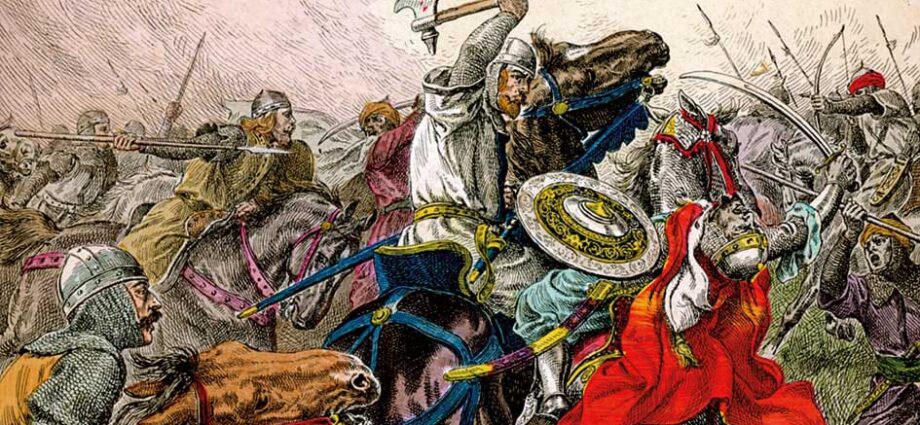When you read about Medieval history, inevitably you hear the term “Dark Ages”. This period is usually defined as the time between the Fall of the Western Roman Empire in 476 AD and more arbitrary date somewhere between 800’s and 1000’s. Thus, the Dark Ages is the initial part of the Middle Ages, but why are those ages called “Dark”? Did somebody just turn off all the light in the world one day, or at least in Europe? Of course no.
The reason is, when this division on historical periods started to be created by the historians, they were fascinated by the heritage of the Classical Roman and Greek civilizations from the Antiquity. Those civilizations were considered to be superior even compared to the contemporary times, not to mention to the period that had become called the “Middle Ages”. This mindset was heavily based on the views from the period of Renaissance, thus from some late 1400’s, when heritage of the classical times was seen as superior, and relatively recent Medieval times started to be seen as a time of decay and superstitions. From this point of view, the initial phase of the Middle Ages, that came immediately after the Fall of Rome, must have been the worst, the darkest time in the history of Europe – and this is why that period got the name “Dark Ages”. The reality, however, was different.
What was true is that the classical Antique civilization was in decay for more than two centuries by the time of the collapse of Western Roman Empire. The economy was in ruins, with many even core regions, like Armorica in Northern France, abandoning money and returning to archaic subsistence farming, society becoming more and more barbarised, army degrading in both quality and numbers, and the land of the Empire was becoming more and more divided into semi-independent realms. Culture of the past was no more – those classical statues you see and plays you read were created centuries before the end of Rome. If you look on old Italy in 1st and 4th centuries, you will see two entirely different societies, and yet they both were judjed by the historians of the past as a single and similar “Antiquity”.
What happened really is that the transition between Antiquity and the Dark Ages was invisible for contemporaries; nothing really changed neither for rich land owners, nor for mercenary Germanic soldiers, nor for common Roman farmers.
Even more, the Dark Ages actually saw a huge rise of culture, economy and education in Europe, so-called Carolingian Renaissance in 8th and 9th centuries, that probably made much more progress than all the four centuries of the Roman Empire together. Dark Ages was a harsh time, but definitely not dark.
